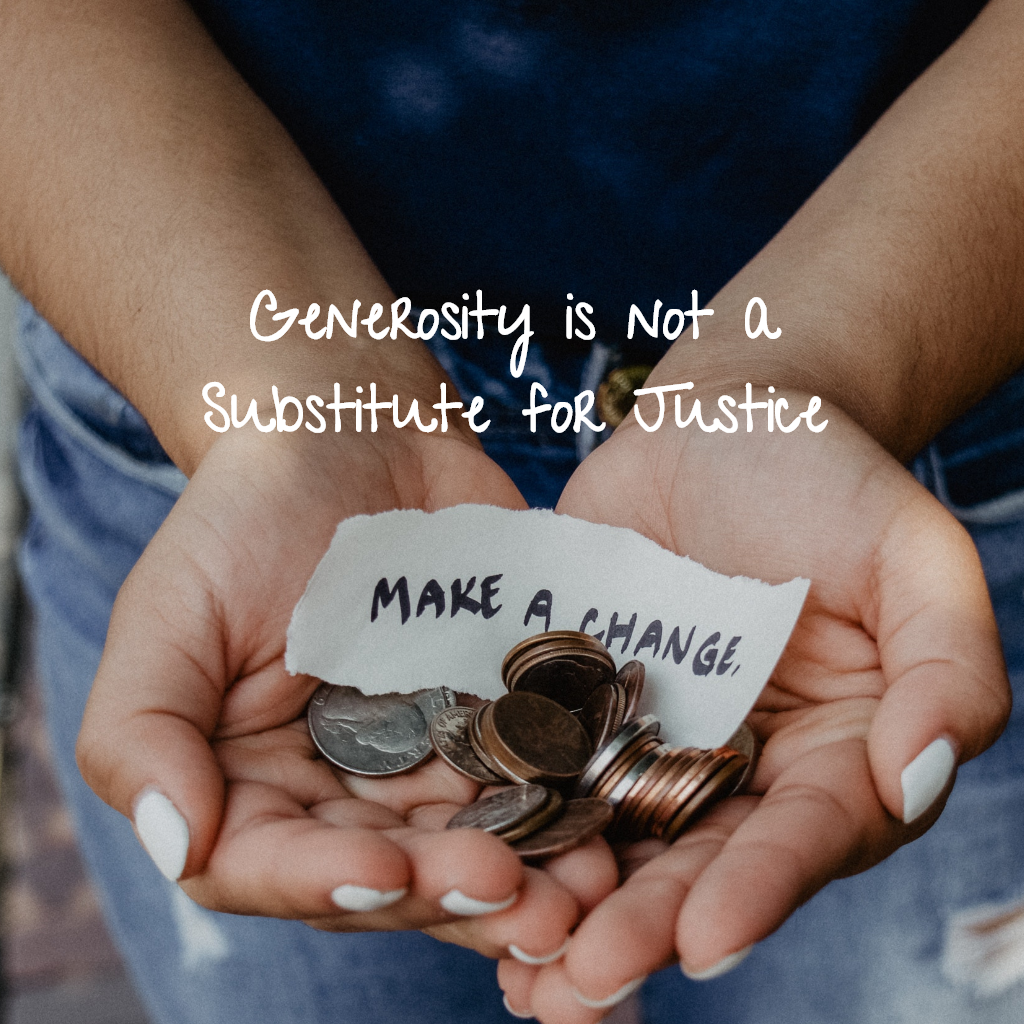Big Data or How to Assess Impact
/This homepage is about to exist one year and throughout this time I checked my data (traffic, views etc.) but did not overanalyze the numbers. I want to keep my freedom to change my topics whenever I feel the urge to do so. I started to track some figures here and there but this did not change the way in which I wanted to write or which topics I found appealing. This little online space is a space for thought and experiments and I refuse to manipulate my perception because certain topics have bigger search volumes etc. That said, I'm not so naive to think that if you work online you can expect that people will find your content magically over night, but I also think that trust is a long-term commitment and numbers might just be an indicator over short-term tendencies.
There is this trend to log every bit of data as if we would gain more clarity where the world is heading and make sense out of the puzzle pieces. Information is analyzed data providing us with more context and a specific purpose: Governments use data collecting for security reasons, control and most of the other data collecting in the world translates into financial capital, predicting consumers, target audiences etc. News outlets need data to calm investors or attract revenue streams, most likely from advertisement. But in all this collecting and predicting we forget that one little factor that is not consistent in their actions: HUMANS. Predicting actions has done more harm than good. Most data collecting has to do with short-term thinking, so I'm really wondering what's the purpose to get obsessed with these numbers? If a piece goes viral are we darned to follow a recipe that predicts the next success? What does a more reasonable long-term data collecting look like and what are the parameters for success and eventually long-term impact? What are the right time scales to perceive growth and value?
A few weeks ago I listened to an episode of the podcast Design Matters in conversation with Seth Godin, which I found really fascinating. Seth , who has one of the most popular blogs by a private person in the world, barely checks his traffic and said the following:
„We are hooked on data
advertisers want more data
direct marketers want more data
Who saw it? Who clicked? What percentage?
What’s trending? What’s yielding?
But there is one group that doesn’t need more data
Anyone who is making a long-term commitment
Anyone who seeks to make art
to make a difference
to challenge the status quo
Data paves the road to the bottom
it is the lazy way to figure out what to do next
it’s obsessed with the short term
data gets us the Kardashians”
Debbie Millman raised the question I've been thinking myself a lot about:












